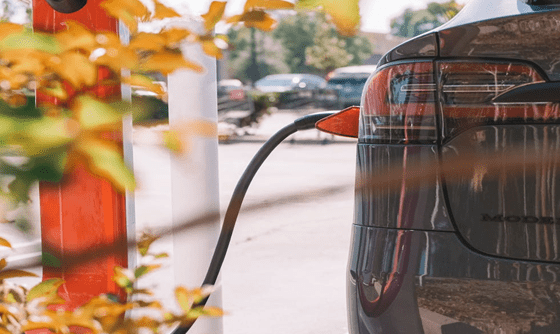As the demand for electric vehicles (EVs) continues to rise, so does the need for accessible and affordable charging infrastructure. To encourage the installation of EV chargers, various rebates, and incentives are available to help offset the costs. This article explores different types of EV charger rebates, including government incentives, utility company programs, manufacturer discounts, and non-profit organization support. By understanding these options, individuals and businesses can unlock substantial savings while contributing to a more sustainable transportation future.
Types of EV Charger Rebates
One common type of EV charger rebate is the purchase rebate, which provides a financial incentive for individuals to buy and install electric vehicle chargers. These rebates can be offered by various entities such as governments, utility companies, or other organizations promoting the adoption of electric vehicles (EVs).
Purchase rebates aim to offset the costs associated with installing an EV charger at home or in the workplace. For example, workplace charging programs often provide rebates to employers who install EV chargers on their premises, encouraging employees to switch to electric vehicles.
Additionally, purchase rebates can help reduce residential charger installation costs for individuals interested in transitioning to an electric vehicle but may be deterred by high upfront expenses. By providing these incentives, governments, and organizations hope to accelerate the adoption of EVs and encourage sustainable transportation choices.
Government Incentives for EV Chargers
Government incentives are available for the installation of electric vehicle charging infrastructure. These incentives come in the form of government grants and tax credits, which aim to encourage the adoption of electric vehicles and support the development of a robust charging network. Government grants provide financial assistance to businesses, organizations, or individuals looking to install EV chargers. These grants can cover a significant portion of the installation costs, making it more affordable for potential charger owners.
On the other hand, tax credits allow charger owners to deduct a certain amount from their tax liability when they install an EV charger. This provides an additional incentive for individuals or businesses to invest in charging infrastructure while reducing their overall tax burden. By offering these incentives, governments hope to accelerate the transition to electric transportation and promote sustainable mobility solutions.
Utility Company Rebates and Programs
Utility companies often offer various rebates and programs aimed at encouraging the installation of electric vehicle charging infrastructure. These initiatives play a significant role in supporting the growth of electric vehicle adoption. Utility company rebates and programs can provide financial incentives to individuals or businesses that install electric vehicle charging stations, making these investments more affordable and attractive. For example, some utility companies offer rebates to cover a portion of the costs associated with purchasing and installing charging equipment. Others may provide grants or low-interest loans for larger-scale projects such as public charging stations.
Additionally, utility companies may offer time-of-use rates specifically designed for electric vehicle owners, which incentivize off-peak charging when electricity demand is lower. By offering these rebates and programs, utility companies contribute to the development of a robust electric vehicle charging infrastructure network, ultimately facilitating greater electric vehicle adoption in communities.
Manufacturer Rebates and Discounts
Manufacturer rebates and discounts can significantly reduce the upfront costs of purchasing an electric vehicle, making them more accessible to a wider range of consumers. These incentives are often offered by manufacturers as a way to promote their electric vehicles and increase market share. Manufacturer promotions can come in the form of cash rebates or discounts on the purchase price of the vehicle. These offers are typically limited-time offers, encouraging consumers to take advantage of them before they expire.
By taking advantage of these promotions, consumers can save a substantial amount of money on their electric vehicle purchases. Additionally, some manufacturers also offer special financing options for electric vehicles, further reducing the financial burden for consumers. Potential buyers need to stay informed about these manufacturer rebates and discounts to make an informed decision when purchasing an electric vehicle.
Non-Profit and Community Organization Rebates
Non-profit and community organizations also offer rebates for electric vehicle purchases, providing additional financial incentives for consumers to choose electric vehicles. These organizations often establish partnerships with automakers or government agencies to secure funding for these rebate programs. By offering these rebates, non-profit organizations aim to promote the adoption of electric vehicles and contribute to a more sustainable transportation system. Furthermore, community outreach initiatives are implemented by these organizations to raise awareness about the benefits of electric vehicles and educate consumers on the available rebate options.
The goal is not only to incentivize individuals to purchase electric vehicles but also to foster a sense of community engagement and collective responsibility toward environmental sustainability. Through their efforts, non-profit and community organizations play a crucial role in accelerating the transition towards cleaner transportation alternatives.
